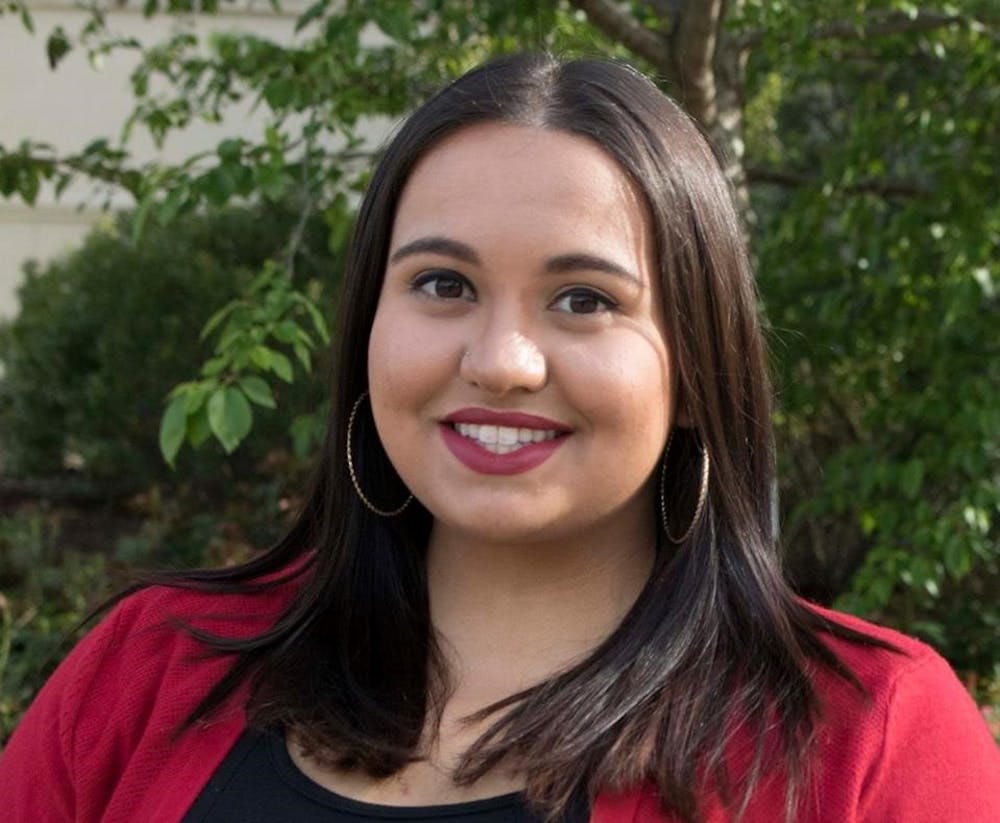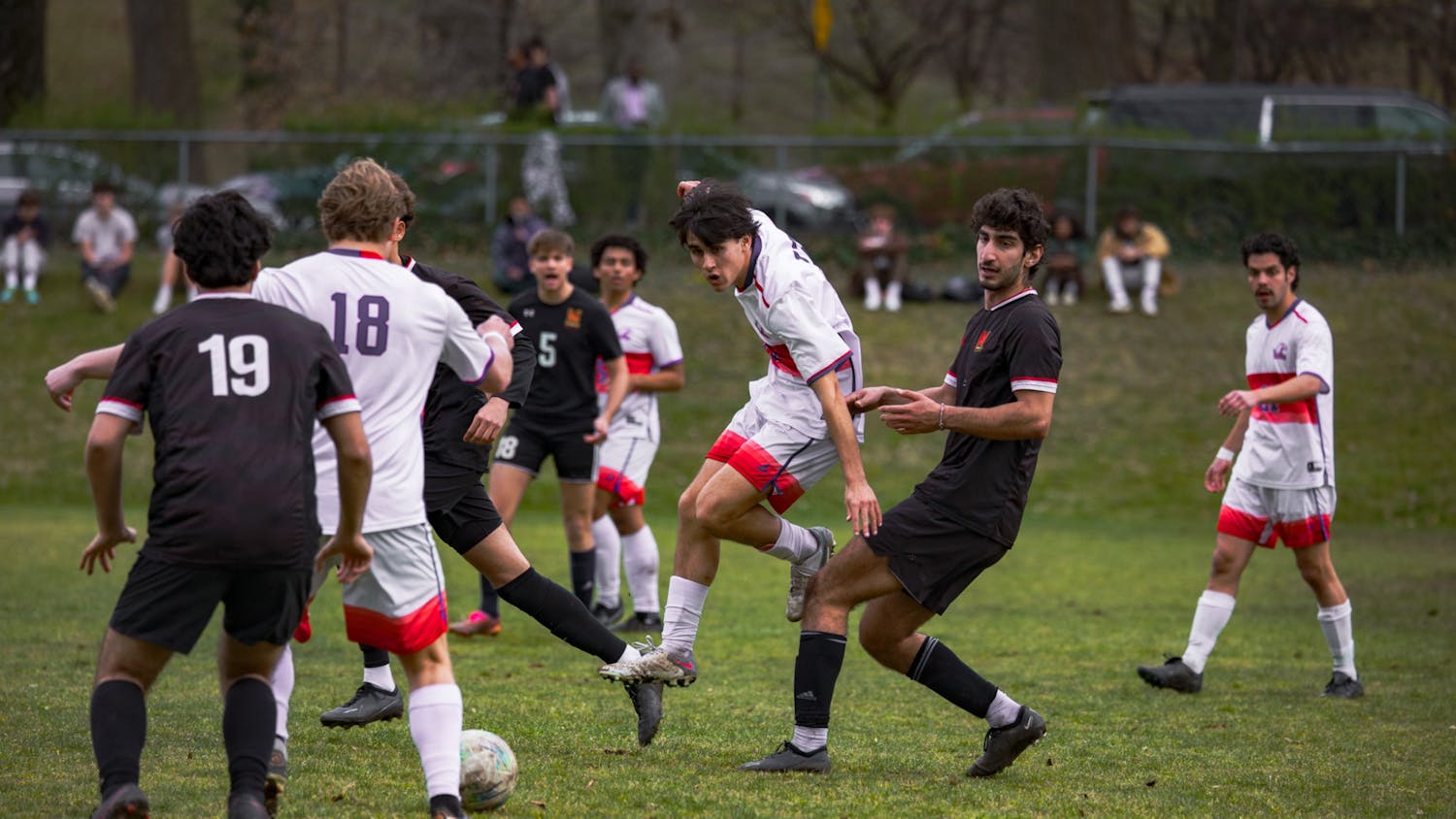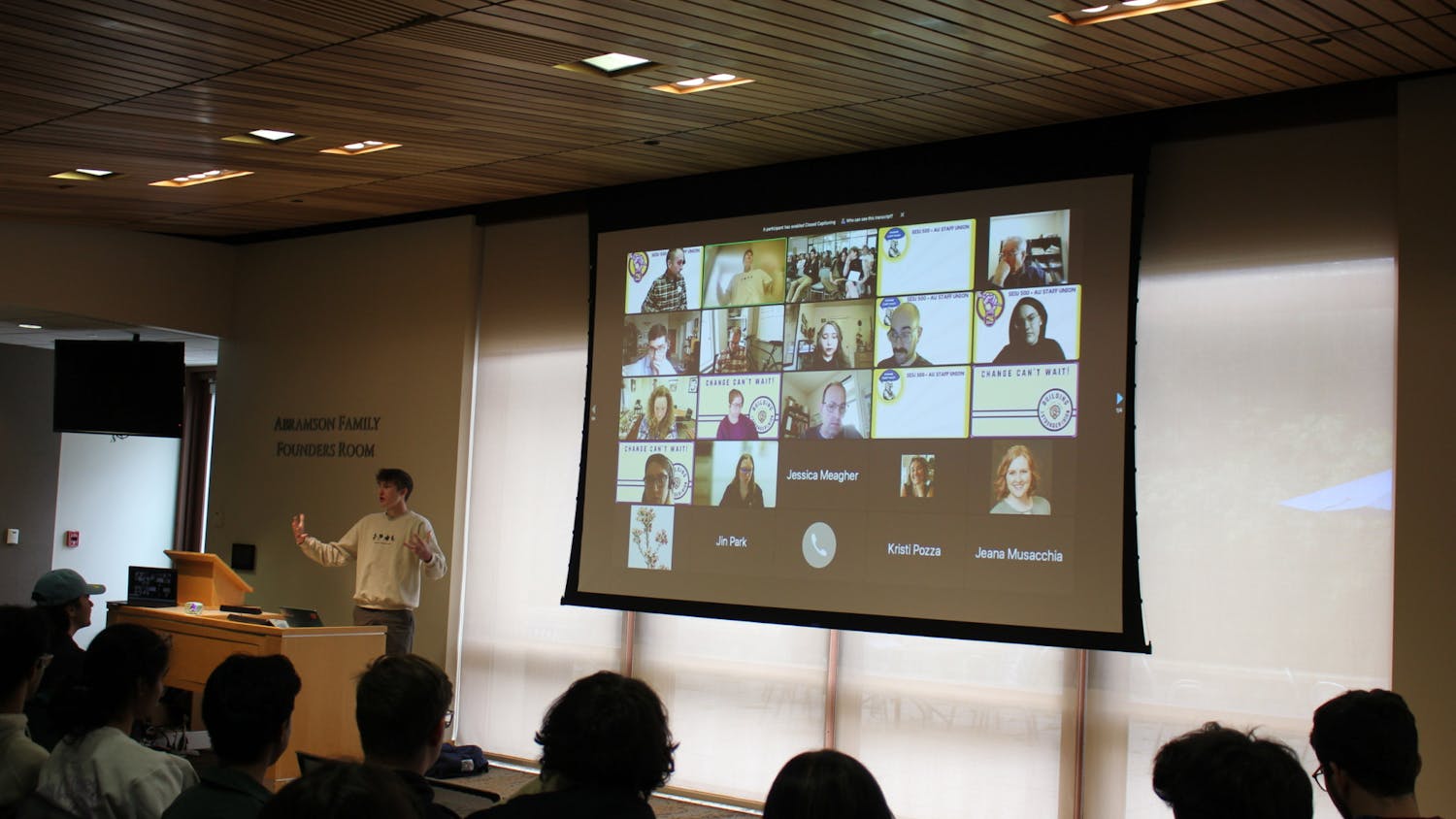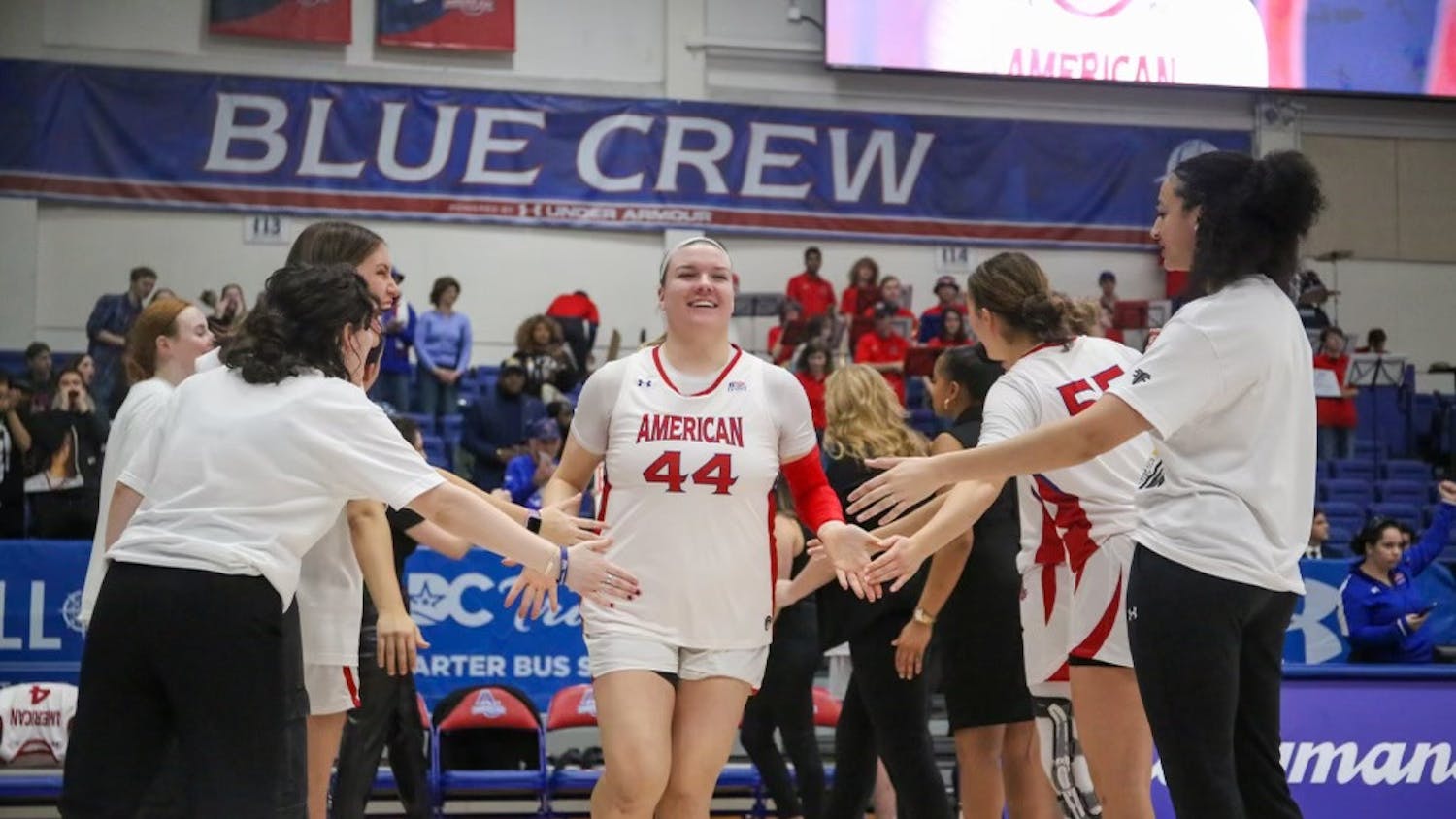Nov. 9, 2016 will go down in infamy as a day of mourning. For college students nationwide, who overwhelmingly voted for Hillary Clinton, the wound of this election is very fresh. The hope we had has been crushed, and the ever present hyper-awareness within minority communities has pushed itself to the surface of our hearts, leaving us fearful.
Members of the campus community at AU exercised their right to free speech on this day, expressing their feelings by burning the American flag on the steps of MGC in protest of the election results. As a queer woman of color on this campus, I understand the sentiment. I share the deep rooted anger being expressed. But to see the flag that to me, and to so many other children of immigrants, still means freedom and the pursuit of happiness burned offended me deeply.
Protesting will forever be a part of the fabric of American University. It is something touted proudly the first time a potential student steps foot on a campus tour and is experienced many times during their four years on campus. But we need to rethink the way we as students protest, because right now there seem to be only two options. There are meticulously organized protests, full of language used and understood exclusively by our college educated peers, and there are rash, anger driven protests that result in violence and the continued rhetoric of outlandish, immature millennials.
The first is a common theme within ‘woke’ college educated spaces. The language that is used by educators and students is not always relatable to the groups that we try to help. For many minority activists, this is very apparent as we code switch to explain our efforts and Facebook rants to those back home. Take for example, the spring 2016 rally against Aramark in support of foodservice and janitorial workers across campus.
We can talk all day long in classes about institutional racism and exploitation of low-income workers, but that kind of language is not always understood by those who do not share the privilege of higher education. It’s created an elitist culture of social activism that is hard to extend to those without the privilege of a college education. Those who were widely responsible for the rise of Trump.
On the other end of the spectrum, the actions of students at American University post-election highlight the struggle many students feel when considering the right way to protest. The actions of the protesters was legal under our constitutional right to free speech. While many found it offensive, those feeling the tremendous amount of hurt and fear have a right to express that. Unfortunately, it brings to light that a protest is only valid if it bothers nobody, offends nobody, keeps to itself and doesn't interrupt your evening commute. The idea that there is a right way to protest is frankly a way to control the masses but is something that, as college educated individuals, we can and should learn to work with.
To find the middle ground between socially accepted elitist activism and the pure unashamed passion and anger that resonates and drives a person to burn a flag is a hard task. While following the rules of the institution seems to go directly against the goals of student protestors, there are ways to fight from the inside. Meetings and open communication can be our weapons.
Successful protest is not impossible. The #Solidaritywithoursisters rally at AU just over a month ago was a rally with designated, organized speakers who had time to process their pain and react in an intelligent and accessible way. Our social justice, our protests, need to begin here. I am a woman of color, I identify as queer and I know and love a variety of people who identify differently than I do. I, like every other American University student, want to change the world, but in order to do so, I need to be taken seriously. At its worst, social justice is a rehash of high school, where everyone is trying to one up each other’s politics. That will get us nowhere. Processing our feelings, working within the institutional spaces we occupy and being accessible to all willing to learn is how we dismantle the systems meant to keep us down.
Samantha Ewing is a junior in the School of Communication.





